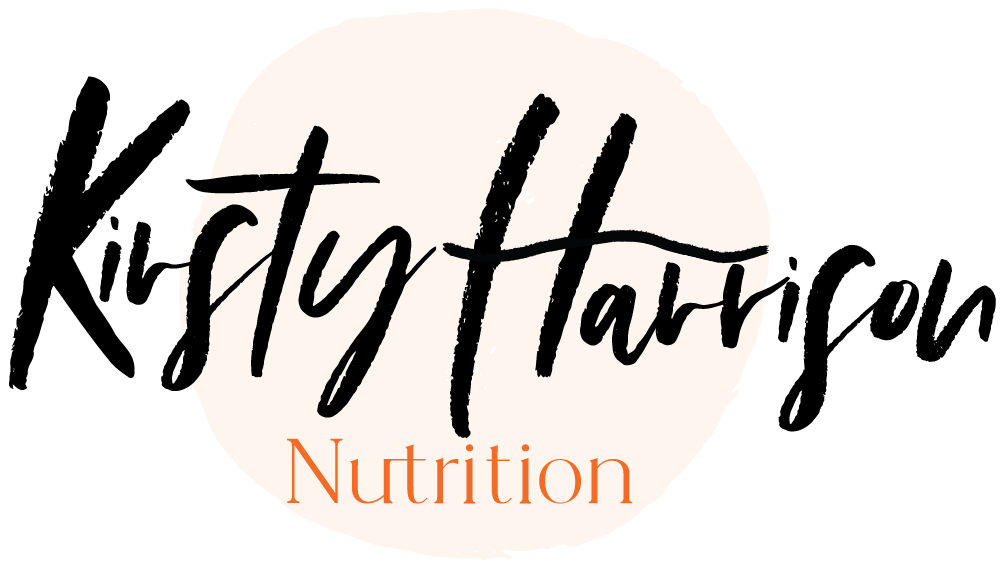Nutrition during the Menopause
The lovely ladies over at www.beautiful-thinking.com asked me to guest write a blog post on the menopause for their lovely website. This is the post..
'I went to meet and chat to Kirsty Harrison regarding nutrition during the menopause as I know what we feed our bodies is vital, she amazed me with her knowledge, advice and care she gave me. So Lizzie and I thought this information would be great to share with everyone.'
Self-care is vitally important in all aspects of life - particularly for a women going through the Menopause. But often with all the other things going on taking care of you gets put to the bottom of the pile!
The Menopause usually occurs in women between the ages of 45 to 55 and is a natural process that all women will go through. As we age the supply of eggs we are born with are used up and die off. The body continues to try to ovulate each month by releasing follicle stimulating hormones (FSH). When the egg is not produced the body releases more FSH to try and stimulate the production of an egg. This along with the decline in the hormone Oestrogen can cause some side effects such as hot flushes, night sweats, reduced sex drive, vaginal dryness and difficulty sleeping.
It is important not to overlook the psychological effects that the menopause can cause. It is not uncommon to feel anxious or to suffer low mood. It’s a challenging time and one in which you must take care of yourself.
Some people of course manage to breeze through the whole thing without a single problem!
Some dietary and lifestyle changes that may help ease the symptoms are as follows: -
Eat a well balanced diet avoiding processed foods and sugar.
Includes Phytoestrogen rich foods in your diet. Phytoestrogens are plant compounds with oestrogen like qualities and can be found in flaxseeds, oats, barley, legumes, sesame seeds and soya (fermentd), hops, dandelion, sage and alfalfa.
Increase fibre in your diet to help with elimination to rid your body of toxins.
Increase your intake of calcium and vitamin D to ensure your bones stay strong and healthy and help protect against Osteoporosis. Unfortunately, the risk of Osteoporosis increases after menopause.
Consider including magnesium rich foods in your diet such as green leafy vegetables, wholegrains, avocados and almonds. Magnesium is required for almost every function in the body but is particularly good during the menopause for supporting you with anxiety and low mood. Magnesium bath salts are also a good way of increasing magnesium in the body and are very relaxing.
Increase your Omega 3 fatty acids – these are essential fats and people who take Omega 3 have reported fewer symptoms of depression and anxiety.
Black Cohosh and Agnus Castus are both herbs that may reduce the symptoms of menopause.
Avoiding alcohol, as awful as it may sound to some will also help ease many menopausal symptoms. You could just try it for a while and see?!
Exercise is also vital in making you feel better – even if it may feel like the last thing you feel like doing. Even getting some fresh air with a gentle walk is good.
One of the most important things to remember is not to be hard on yourself – look after yourself properly and understand that it is a natural process that all women go through and if you are in anyway concerned about anything then contact your GP.

